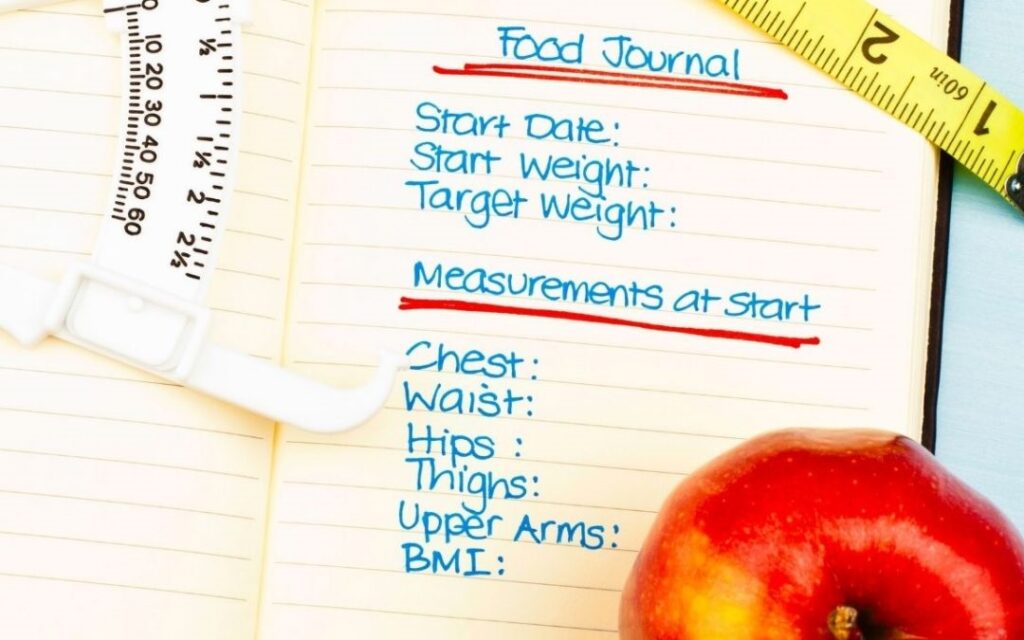In the hustle and bustle of modern life, keeping track of what we eat is an unnecessary chore. However, maintaining a food journal can be a powerful tool for improving health, managing weight, and understanding eating habits. The benefits of keeping a food journal are numerous and profound, from weight loss to identifying food sensitivities.
Awareness and Accountability
One of the primary benefits of maintaining a food journal is increased awareness of what we consume. It’s easy to forget about the extra snacks or mindless munching throughout the day, but writing down everything we eat and drink brings these habits into focus. By recording our food intake, we become more mindful of our eating habits and can better identify patterns and triggers that may lead to overeating or unhealthy choices.
A food journal also holds us accountable for our dietary decisions. Knowing that we have to log every meal and snack can be a powerful deterrent to mindless eating and encourage us to make healthier choices. It provides a level of self-monitoring that can be instrumental in achieving our health and wellness goals.
Understanding Portion Sizes and Nutritional Intake
In addition to promoting awareness and accountability, keeping a food journal helps us understand portion sizes and nutritional intake. Many people underestimate the amount of food they consume and need to be made aware of the nutritional content of their meals. Recording portion sizes and ingredients gives us valuable insight into our caloric and macronutrient intake.
Understanding our nutritional intake is crucial for maintaining a balanced diet and meeting our dietary needs. A food journal allows us to track critical nutrients such as protein, carbohydrates, fats, vitamins, and minerals, helping us identify deficiencies or areas where we may be overindulging. Armed with this information, we can make informed decisions about our diet and adjust as needed to ensure optimal nutrition.
Identifying Food Sensitivities and Allergies
Keeping a food journal can be especially beneficial for individuals with food sensitivities or allergies. By tracking symptoms and correlating them with specific foods, we can pinpoint potential triggers and make informed choices about what to eat. This process can be instrumental in managing conditions such as gluten intolerance, lactose intolerance, and food allergies, allowing individuals to avoid discomfort and improve their overall quality of life.
Supporting Weight Loss and Weight Management
For those looking to lose or maintain a healthy weight, a food journal can be valuable in achieving these goals. Research has consistently shown that keeping track of food intake is associated with more significant weight loss and weight maintenance success. By recording everything we eat and drink, we can identify areas where we may consume excess calories or make poor nutritional choices.
Furthermore, a food journal allows us to track progress over time, providing motivation and accountability on our weight loss journey. Reviewing our food journal regularly, we can identify trends, celebrate successes, and adjust as needed to stay on track toward our weight loss goals.
How to Keep a Food Journal
Keeping a food journal doesn’t have to be complicated. Many methods and tools are available, ranging from traditional pen-and-paper journals to mobile apps and online trackers. Choose a format that works best for you and fits seamlessly into your lifestyle.
When keeping a food journal, be sure to record the following information:
- Date and Time: Record the date and time of each meal or snack.
- Food and Beverage Intake: Write down everything you eat and drink throughout the day, including portion sizes and ingredients.
- Location and Context: Note where you ate and the circumstances surrounding the meal or snack (e.g., at home, at work, while watching TV).
- Feelings and Emotions: Record any feelings or emotions you experienced before, during, or after eating (e.g., stress, boredom, happiness).
- Symptoms and Reactions: If you have food sensitivities or allergies, jot down any symptoms or reactions you experience after eating certain foods.
In Conclusion
In conclusion, keeping a food is a simple yet powerful tool for improving health, managing weight, and understanding our eating habits. A food journal can empower us to make informed decisions and take control of our nutrition by promoting awareness, accountability, and understanding of our dietary choices. Whether you’re looking to lose weight, identify food sensitivities, or adopt healthier eating habits, keeping a food journal can be a valuable ally on your journey to better health and wellness.



